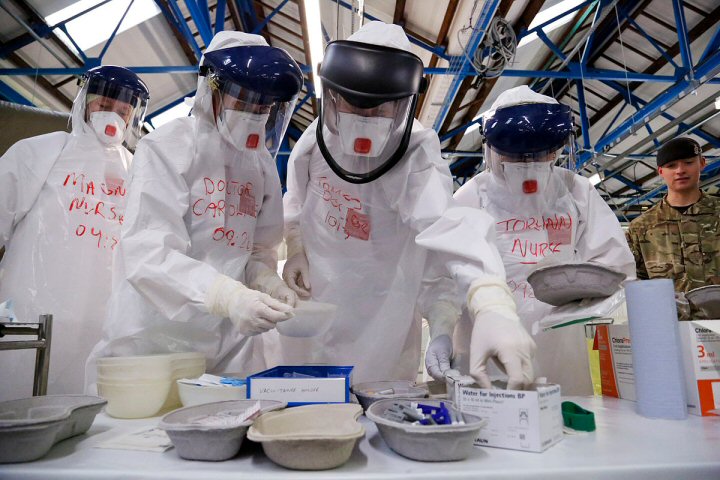PPE: a “needless” marine pollutant?
Lou Lauren Manalo | 1 Aug 2020
Once again, humanity has needlessly chosen its own interests above all other species. Amidst the Coronavirus pandemic, people are using and discarding millions of personal protective equipment (PPE) a day–from single-use masks and gloves to bottles of hand sanitisers and more. Unfortunately, these items which contain some plastic material are increasingly winding up in our oceans; consequently exacerbating the issue of marine pollution and its potential to kill many more marine and bird species.
According to the United Nations’ estimate in 2018, around 13 million tonnes of plastic finds its way into oceans each year, killing over a million animals annually. It is safe to say that this estimate would definitely increase substantially given the safety measures against COVID-19.
In fact, many organisations are now discovering PPE washing ashore on the coasts of some countries–such as France, Greece and the US. Last February, OceansAsia even found around a hundred discarded masks on the uninhabited island of Soko Islands. How masks would end up in the middle of nowhere where there are no people living shows how far our trash is travelling and how great our influence is in dirtying the world. The call for international cooperation in protecting our marine biodiversity is thus greater than ever in light of this unprecedented use of plastics. Yet, what is occurring is quite the opposite.
The issue of marine pollution is starting to take a back seat on people’s agenda. During the past months, a number of restrictions on single-use plastics have been suspended in some countries across the world–such as the UK and the US. The economic turmoil has further caused many recycling centres and waste treatment plants to either close down or take a serious hit. Informal waste pickers, who we rely on to collect millions of tonnes of plastic waste yearly, have begun to refrain from work given the lack of job security or health benefits. Corporations are also starting to rethink their sustainability commitments due to the financial struggle, while restaurants and cafes who can only offer take-out or delivery options are becoming dependent on plastic containers and cutlery. These setbacks are a tragedy to the green cause and to the marine life who cannot escape the inevitable effects of plastic waste.
In light of this urgency, many environmental watchdogs are coming up with new initiatives to minimize the damage. Boomerang Alliance, an Australian charity, has launched a guide on how cafes and restaurants should operate during this pandemic, while the Professional Association of Diving Instructors (PADI) has partnered with an eco-friendly company called Rash’R in creating masks from plastics that once polluted the ocean. The car manufacturer Ford has gone beyond itself to produce reusable medical gowns. Truly, it is time for people and companies from all sectors to step up to protect the environment and not just oneself. Although millions of volunteers continue to cooperate with non-profit organisations to regularly pick up litter and go on dives to clean the waters, efforts of a few millions are not enough to correct the wrongs of billions.
Each individual should be more environmentally conscious. Of course, it is never wrong to use PPE to keep safe for everyone’s sake. However, there does not need to be a compromise between our health and the health of our oceans if we decide to opt for more sustainable options. Recent studies have shown that the virus can stay way longer on plastics than on many other materials. The World Health Organization has also found that regular hand-washing offers more protection than wearing gloves, while the US Centers for Disease Control and Prevention states that washable cloth masks will suffice in providing protection.
Being sustainable in this situation will not only keep us safe now, but also in the long-term because it is not only marine wildlife that we are hurting with our single-use PPE. Eventually, the PPE that we throw away will end up on our plates since the seafood or plankton we eat would have eaten some plastic debris.
From the fleas that had bitten infected rodents during the Bubonic Plague to the recent Ebola and Coronavirus diseases which originated from bats, we have seen animals carrying viruses that have caused epidemics. If we do not learn to take care of our animal species, someday another animal may just carry another virus. And the only question we can ask ourselves then, is which neglected animal will it be this time?










Интересный пост